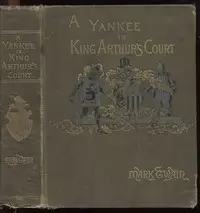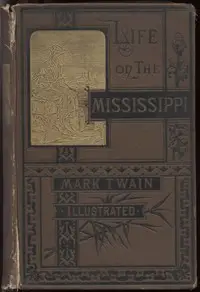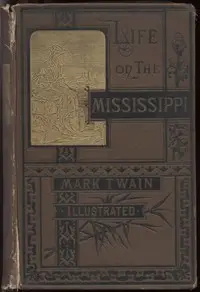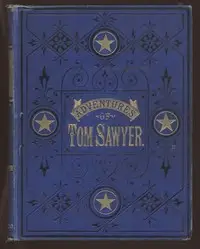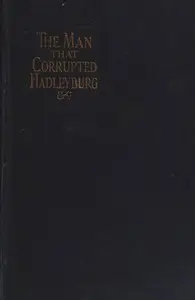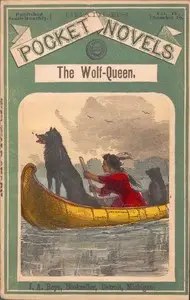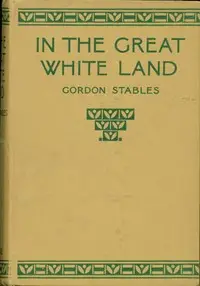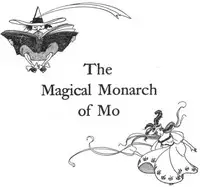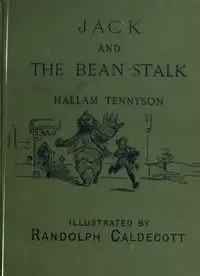"The Curious Republic of Gondour, and Other Whimsical Sketches" by Mark Twain is a collection of whimsical sketches written during the late 19th century. The book primarily explores satirical themes surrounding politics, social dynamics, and human behavior through a blend of humor and keen observation. Twain's unique storytelling and wit shine throughout this compilation, which includes various essays and short tales reflecting on the absurdities and quirks of American society. The first sketch, “The Curious Republic of Gondour,” presents an imaginative portrayal of a fictional republic where voting rights are restructured based on education and property, turning the political system into a fountain of satire on democracy. This sketch delves into the social implications of wealth and intelligence on governance, illustrating how political power can be manipulated by education rather than mere wealth. The subsequent sketches cover a wide array of topics, such as personal anecdotes, commentary on societal norms, and amusing takes on human nature. Twain’s sharp humor and insightful commentary make the book a delightful read, providing a thoughtful exploration of themes that remain relevant even today. (This is an automatically generated summary.)

The Curious Republic of Gondour, and Other Whimsical Sketches
By Mark Twain
"The Curious Republic of Gondour, and Other Whimsical Sketches" by Mark Twain is a collection of whimsical sketches written during the late 19th centu...
Samuel Langhorne Clemens, known by the pen name Mark Twain, was an American writer, humorist, and essayist. He was praised as the "greatest humorist the United States has produced," with William Faulkner calling him "the father of American literature." Twain's novels include The Adventures of Tom Sawyer (1876) and its sequel, Adventures of Huckleberry Finn (1884), with the latter often called the "Great American Novel." He also wrote A Connecticut Yankee in King Arthur's Court (1889) and Pudd'nhead Wilson (1894) and cowrote The Gilded Age: A Tale of Today (1873) with Charles Dudley Warner.

